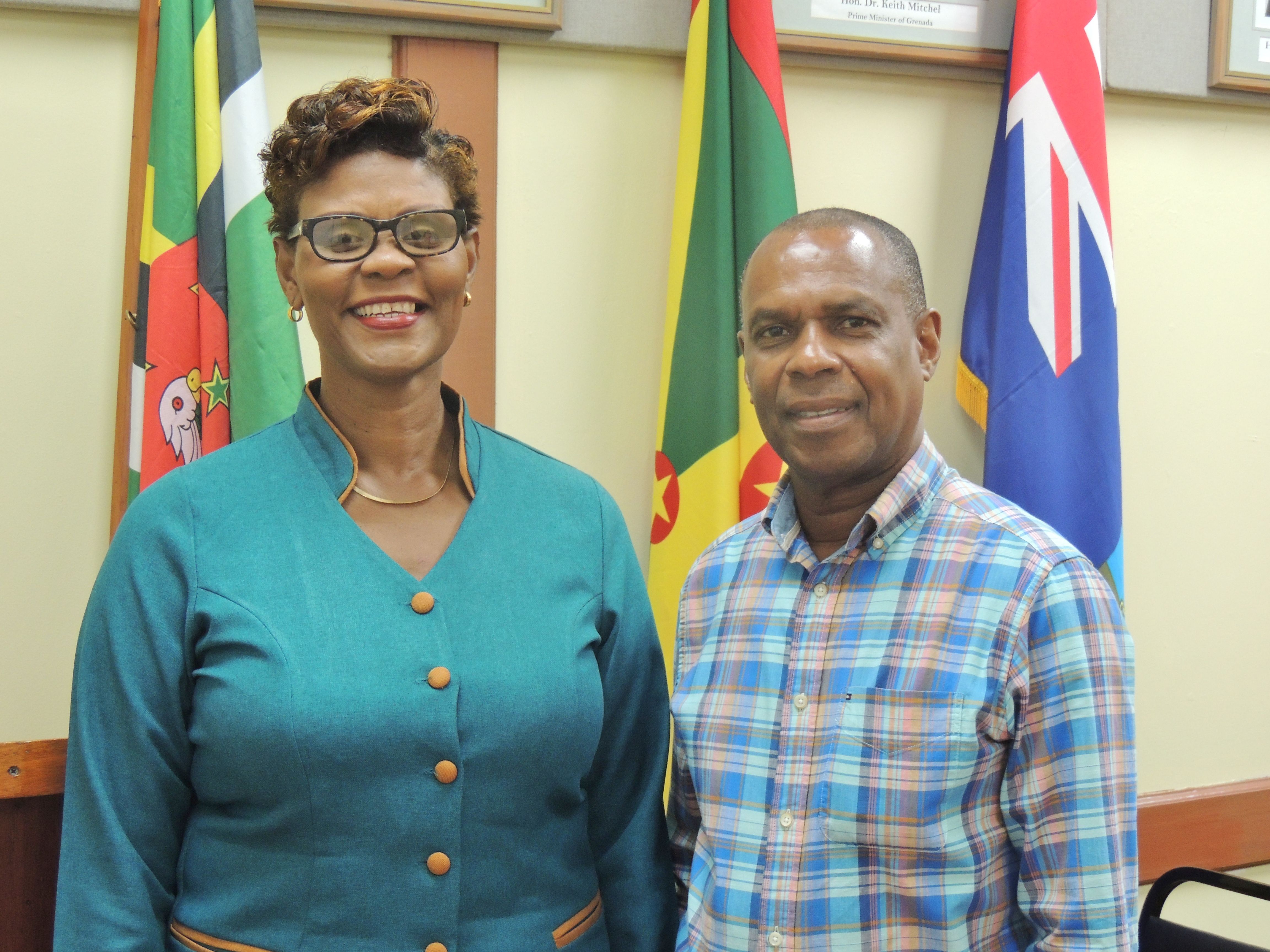Asthma Workshop for Teachers
OECS-PPS embarks on Health Education Outreach
Teachers of the Gordon and Walcott Memorial Methodist School are now better equipped to identify, counsel and support students with Asthma. The knowledge of the signs and symptoms as well as the effective treatment of Asthma was acquired at a Workshop hosted by the OECS Pharmaceutical Procurement Service (PPS) on Friday 27th January 2017 at the OECS Commission on Morne Fortune in Castries, Saint Lucia. The Workshop was held in collaboration with the Ministry of Education and facilitated by Head of the OECS-PPS, Mr. Francis Burnett.
Explaining the rationale for the Workshop, Burnett said: “We recognize that Asthma is the most common non-communicable disease in children, so we thought it was important to empower teachers, who spend a lot of time with students. The purpose of this Workshop is to equip teachers with the knowledge and awareness to recognize the signs of worsening Asthma, so that they (teachers) would be better equipped to take preemptive action.”
Burnett added: “Asthma is not a cause for shame. Many successful athletes and celebrities have had Asthma. We want teachers to encourage students to take their medicine to school, and not hide to take it, because Asthma is nothing to be ashamed of. If medicines are taken properly, students with Asthma can take part in physical activity such as sports.”
According to Burnett, research has shown that one of the reasons why Asthma is not controlled is because the devices used in the treatment of Asthma such as metered dose inhalers are used incorrectly. He said studies have shown that many persons with Asthma – children and adults alike – don’t use the inhalers properly.
The workshop identified some of the signs and symptoms of Asthma, which include shortness of breath, tightness of the chest, wheezing and coughing, especially at night and early morning. The teachers learnt how anti-asthmatic medicines work, and how to manage common triggers of asthma. They also learnt the correct techniques for using devices such as metered dose inhalers and peak flow meters. Common triggers of Asthma include outdoor pollens and mold, dust mites, rugs, furry animals (dogs and cats), tobacco, perfume and aerosols, medication such as aspirin and ibuprofen, viral infections, and the common cold.
Burnett acknowledged that the Ministry of Education has a clear policy that teachers should not administer medicine to children in school. He says the Workshop was intended to give teachers the knowledge and practical training to notice the signs and symptoms of Asthma in children very early and alert parents, who would then refer their children to a medical practitioner for diagnosis and treatment.
This workshop is a component of PPS’ Outreach Program to strengthen the link between health and education. Moreover, this initiative will complement the work of PPS to improve the health and well-being of vulnerable students.
Principal of the Gordon and Walcott Memorial Methodist School, Margaret Gabriel described the Workshop as timely. She said: “We’ve noticed a prevalence of Asthma among our students, so we thought it was important to equip ourselves with the knowledge of the signs, symptoms and triggers of Asthma, to put us in a better position to assist our students in the event that they have an Asthma attack during school hours. Many of our parents are concerned about their children with Asthma participating in physical activity and sports. This Workshop has shed new light on the subject and will guide our approach to dealing with students with Asthma.”
Ms. Gabriel expressed her profound gratitude to the OECS-PPS and Mr. Burnett in particular, for hosting this very incisive educational activity for her teaching staff as part of their Professional Development Day. Over 20 teachers of the Gordon and Walcott Memorial Methodist School attended the Workshop.



